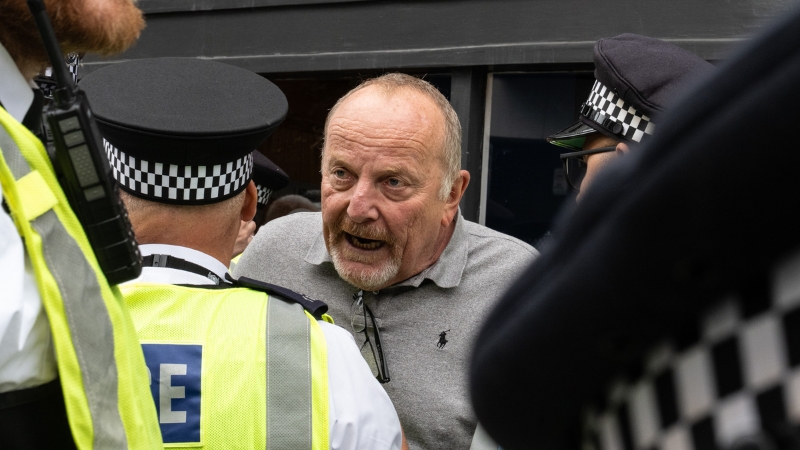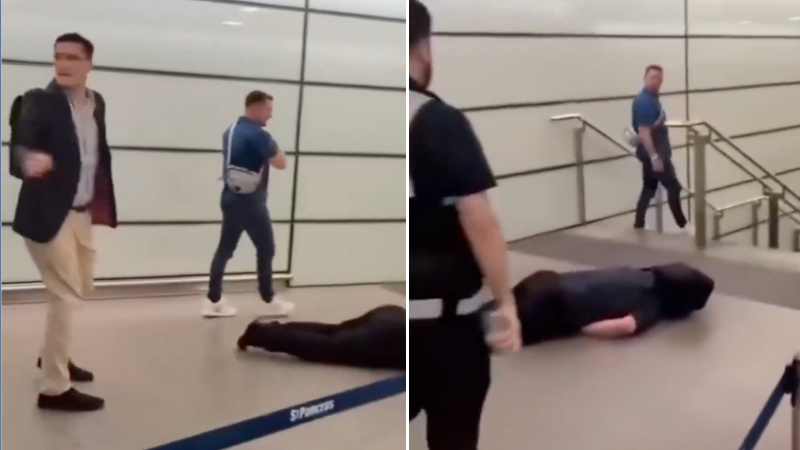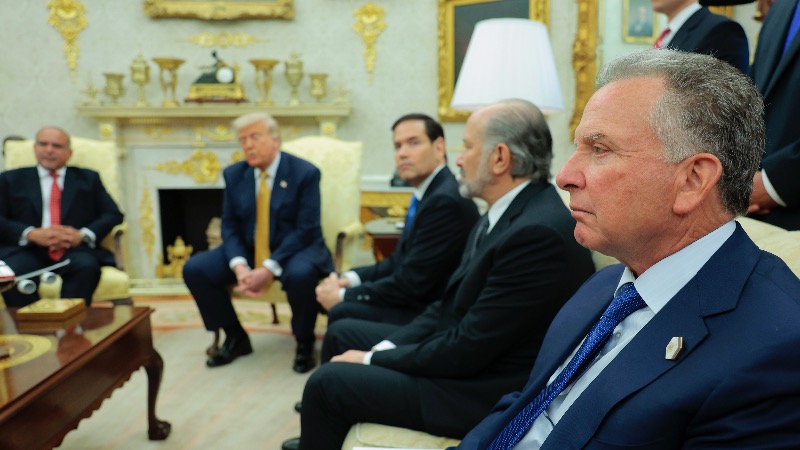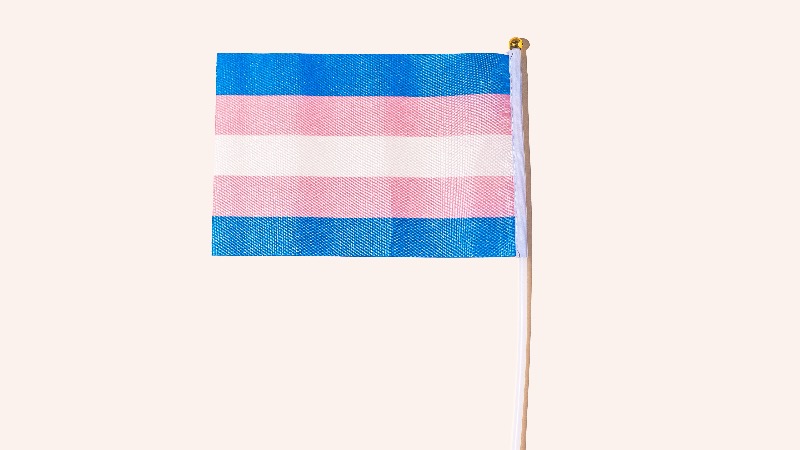 Image Credit: Guy Smallman / Contributor / Getty Images
Image Credit: Guy Smallman / Contributor / Getty Images Protests are spreading across the UK as public anger grows at the Labour government’s policy of housing migrants, mostly young men, in local hotels.
The protests began in the Essex town of Epping last month after an Ethiopian migrant sexually assaulted a 14-year-old girl.
Demonstrations have now spread to London and to other major cities like Newcastle and Manchester.
In London, protests took place outside the upmarket Thistle City Barbican hotel, with hundreds gathering and police charging the crowd to make arrests. At least nine people were arrested on Saturday, according to the BBC.
In Manchester, around 600 protesters were met by around 400 counter-protesters in the city center. The anti-migrant protesters were joined by right-wing political figures including Paul Golding, leader of the Britain First party, which has called for a program of “remigration.”
In Newcastle, protesters rallied under banners that read “for our children, for our future” outside the New Bridge Hotel, which is currently being used to house migrants.
The protests have been met with determined opposition by leftists.
Former Labour Party leader Jeremy Corbyn called on his supporters to stage counter-protests at the Thistle City Barbican hotel.
As with the earlier protests in Epping, there were clear suggestions radical leftists were being transported to the protests by police.
In response to the ongoing protests, the UK government has created a new taskforce to monitor anti-migration sentiment online, as official fears grow of another summer of unrest like last year’s.
According to Britain’s Daily Telegraph, the UK Home Office has formed a group called National Internet Intelligence Investigations to “maximise social media intelligence” about anti-migration sentiment in the UK.
The group will work from the National Police Coordination Centre, which was used to monitor and enforce the social restrictions during the pandemic.
The government has vowed to come down hard on protesters if there is a repeat of last year’s unrest, which began with the murder of three schoolgirls in Southport by Axel Rudakubana, the son of a Rwandan migrant.
“While the public have a right to protest against the current situation, we will never tolerate unlawful or violent behaviour,” a government spokesman told The Independent.
“Working closely with the police, we have thorough and well-tested contingency plans in place to deal with any public disorder, which have been strengthened since last year’s shameful scenes.”
Footage of the current protests has been blocked on X for British users after the country’s controversial new “Online Safety Act” came into effect on Friday.
The Act, passed by the previous Conservative government, was intended to prevent children from being exposed to pornography and graphic content on the internet, but it already appears to be being used for a very different purpose.
Before the introduction of the Online Safety Act, X stated that it would use various methods, including “email-based estimation” to assess whether a user is likely to be an adult or not.
The Online Safety Act mandates fines of £18 million or up to 10% of a company’s turnover if a company violates the Act.
Last weekend, Elon Musk said the purpose of the Act is “suppression of the people.”
In a statement, the UK-based Free Speech Union said, “Our fears appear to have been vindicated on the very first day of the Online Safety Act’s enactment.
“If you have a standard X account in the UK—presumably the majority of British users—it appears that you may not be able to see any protest footage that contains violence. We’re aware of one censored post that shows an arrest being made.
“We warned repeatedly about how censorious this piece of legislation would be.”
An online petition to repeal the Act has so far received over 160,000 signatures, meaning Parliament must now consider its motion for debate.



